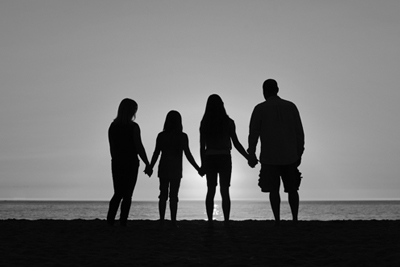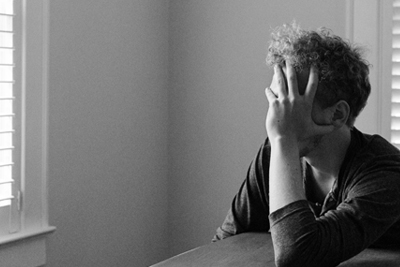Psychiatric Hospitalization: When It’s the Right Option and What to Expect
The thought of a psychiatric hospitalization can be very scary for a family. Read on to learn more about what you can expect from taking this step and how to navigate this difficult decision. This is one of the topics covered in When Your Adult Child Breaks Your Heart.
Psychiatric Hospitalization: When It's the Right Option and What to Expect
When most people picture a psychiatric hospital, they envision a dark and dreary place filled with severely incapacitated people. But contemporary psychiatric hospitals fall far short of this stereotype, offering a range of services to people with virtually every variety of mental health disorder. The average psychiatric hospital stay is about seven days, with the primary goal of stabilization vs. "cure." Psychiatric hospitalization is not a panacea for mental health disorders, but it can be the first step toward getting your child back on track.

When is Psychiatric Hospitalization Appropriate?
Psychiatric hospitalization is short-term emergency care, making it an untenable option for people struggling with minor depression or mental health conditions that do not affect daily functioning. However, anyone can voluntarily check themselves into a psychiatric hospital, and some people find that the short-term intense care is the best way to get a proper diagnosis and a rigorous treatment plan.
Generally speaking, psychiatric hospitalization works best for people who pose a threat to themselves or others. Suicide threats, drug overdoses, threats of violence to family members, psychosis, and the inability to provide basic care for oneself can all be reasons to have a child hospitalized.
Can I Have My Child Committed?
You can't force an adult child to enter a psychiatric hospital; you can only offer incentives for her to go. You can, however, enlist the assistance of a court, therapist, or police officer to have your child committed against her will. You'll have to demonstrate that your child poses a threat to themselves or someone else, and your own testimony will generally not be sufficient. There must be evidence, or someone else must witness the behavior. If a doctor or therapist deems your child a threat, this is generally sufficient to have them committed. There are three typical paths to commitment:
· A medical professional, such as a therapist or psychiatrist, can recommend your child be committed and file paperwork with a court to do so.
· You can petition a court to have your child committed.
· You can call the police when your child is acting out and if the police view your child as a danger, they might have your child committed. This is a risky strategy, though, because the police might also choose to simply arrest your child.
What Happens in the Hospital?
Psychiatric hospitals vary greatly in terms of quality, with some acting as little more than holding facilities and others providing extensive, comprehensive treatment. Consequently, it is a wise strategy to research options and select a hospital before your child is committed.
After your child is admitted, a physician and possibly a social worker or other advocate will consult with your child. Your child will have a comprehensive review of symptoms, and the treatment team will develop a plan that may include medication, therapy, life skills training, group sessions, and activities such as art and yoga. The treatment team may also recommend family sessions to enable your entire family to discuss problems and work together to help your child get better. Your child will typically be allowed to make phone calls and receive letters unless the treatment team deems outside communication a risk for your child's well-being.
When Will My Child Be Discharged?
If your child is involuntarily committed, they will be placed on a 72-hour hold and stay in the hospital for at least this time period. Thereafter, your child has a right to a hearing to determine whether hospitalization will continue. At any point during the stay, if your child feels their rights are being violated, they can request an attorney. However, they are not entitled to free legal counsel as public defenders are reserved for criminal cases.
Generally, your child will only be discharged when stable and the treatment team determines that your child is no longer an immediate threat to themselves or others. However, this does not mean that your child is completely well. Your child will need to continue with treatment and may require extensive therapy, daily outpatient treatment, ongoing medical evaluations, and medication.
Psychiatric hospitalization is the beginning, and not the end, of treatment. Your child might have to be hospitalized several times before you see progress. If your child wants to get better, it is a wise strategy to provide emotional support and a friendly ear during hospitalization. However, you are under no obligation to pay for treatment, allow your child to live with you, or offer any specific help.
References:
Geller, J. L. (2006). A History of Private Psychiatric Hospitals in the USA: From Start to Almost Finished. Psychiatric Quarterly, 77(1), 1-41. doi: 10.1007/s11126-006-7959-5












